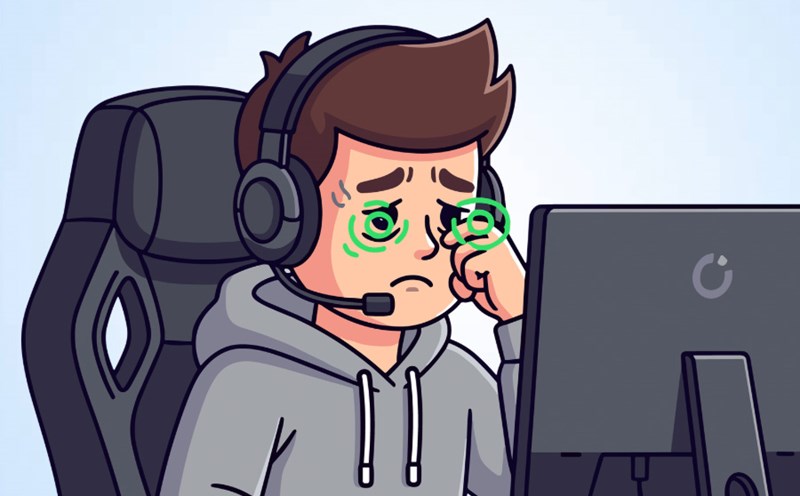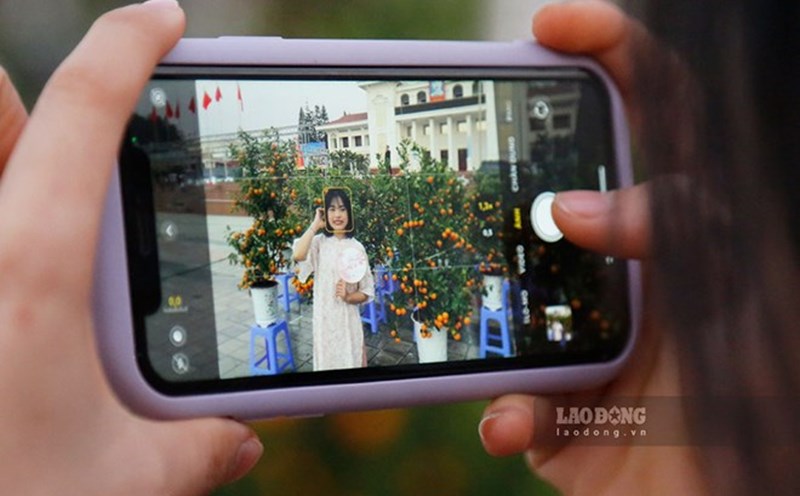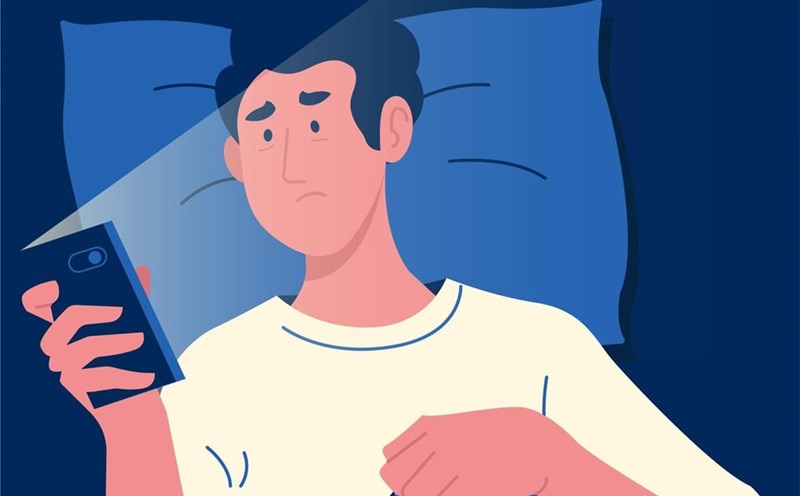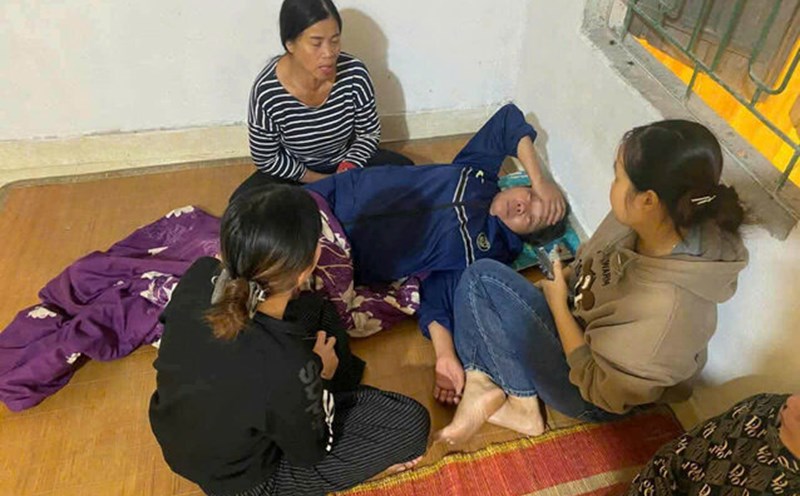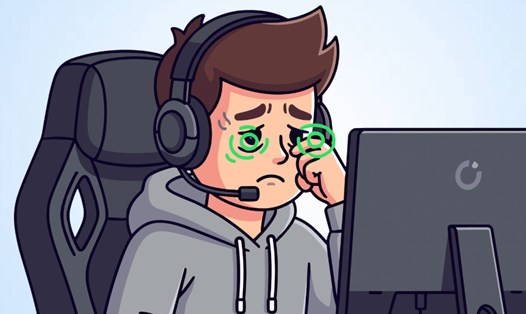The future is opening a new era, where phone checking has become an outdated concept.
Over the past two decades, the screen has become a gateway connecting people and the digital world. From the first smartphones to TVs, tablets or laptops, screens are an intermediary for us to work, study, entertain and communicate. However, with the strong rise of artificial intelligence, this role is more shaky than ever.
A new era is taking shape, where people do not need to touch the screen to send messages, find information or control devices. Instead, they just need to speak, gesture, or even wink to complete all tasks. As AI systems become more and more intelligent and sensitive, man hinh interaction becomes redundant, slow, and cumbersome.
That future is no longer science fiction. Smart wearables, voice sensors, AI headphones or virtual assistants can recognize the human mood that is gradually appearing. Big tech creators are quietly preparing for the big death of the screen a fundamental shift in how we connect with technology. And when that day comes, human life will turn a new page: The post-screen era.
The screen era is about to end
From the first smartphone, the screen has become the center of every digital experience. People look at it to read, touch it to give orders, and depend on it to maintain a modern life. But at the same time, the screen itself also creates fatigue: Warm eyes, a sore neck, and isolation in the virtual world. AI, with its increasingly perfected ability to process language and sense context, is opening a way out for all those problems.
Technology companies are quietly shifting. It is no coincidence that large corporations invest heavily in dialogue AI and wearables. When humans can communicate directly with machines using natural language, screens become an unnecessary intermediary layer. Just like the way physical keyboards on phones disappeared with the advent of touchscreens, today's display may be just a technological relic of the past.
This is even more evident as AI systems increasingly understand users more deeply. Instead of entering commands, people can give commands by voice, eyes or gestures. A nod can open the recording, a light sentence can turn on the lighting system, and a long blink can send a message to a relative. sensors, cameras and wearable AI devices will become an invisible interface, bringing technology back to nature like breath.
Pioneering corporations are testing touchless devices - headphones, bracelets, accessories - so that AI can listen, respond and accompany humans. At that time, phone checking will disappear and instead be a direct dialogue with AI, an entities that are always ready to understand and act.
This replacement is not only technological, but also reflects the human aspiration: to free people from physical limits, from bright light and flat frames. AI is not only a tool, but a bridge, helping technology become transparent - hidden to serve, instead of requiring constant attention. And when that happens, the screen era will officially end.
Life in the post-screen era
When the screen disappears from life, people will no longer be tied to small devices in their hands. Technology will become a natural part of the living environment - present everywhere but no longer seen.
In today's smart home, most smart items know how to "listen" and "response". With the current technological advancement, life has become much easier, for example, when coming home, people just need to say: I want to watch a movie, the light will calm down, the sound will spread, and the movie will start airing right on an empty wall. When you want to call someone, you just need to signal, and the AI will connect, adjust the volume, display the image through AR glasses or even project directly onto the retina using optical technology.
At work, instead of bowing down to a computer, humans can chat with AI colleagues. Documents, charts or plans are "called out" in virtual space with a handcuff. Every action becomes natural, seamless, and requires no display intermediary. Classrooms, hospitals, and factories will also operate in that way, where data and images are no longer in a flat screen but are integrated into the real world. However, this prospect is still not clearly present in current life. To realize them, the AI industry still has a long way to go to explore and develop.
The social impact of the post-screen era will also be widespread. No longer staring at the phone can help people reconnect with each other, restoring in-person interactions and authentic views. However, it also raises questions about privacy and control - when AI knows all the behavior, emotions and even thoughts of users.
However, this trend seems unlikely to reverse. People always find ways to make technology less existent, more friendly and natural. If smartphones have replaced keyboards, now AI will replace screens, bringing us into a new era - where technology dissolves into life.
No more touches, no cracks, no tired green light. Instead, it is freedom of interaction, emotional flexibility, and the seamless connection between people and machines. That will be a world where technology takes a step back for people to move forward in a world without screens, but full of colors of intelligence and empathy.

